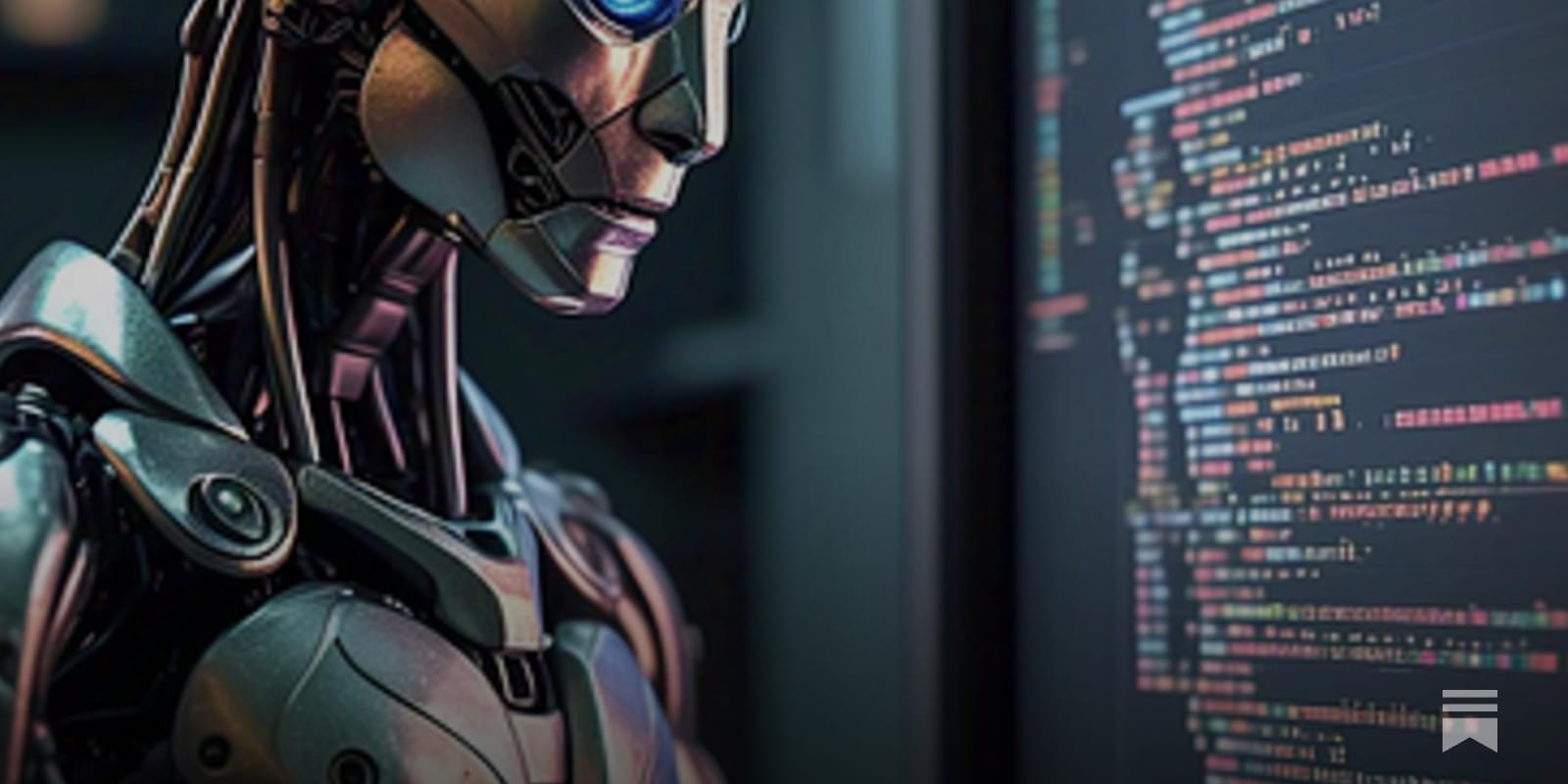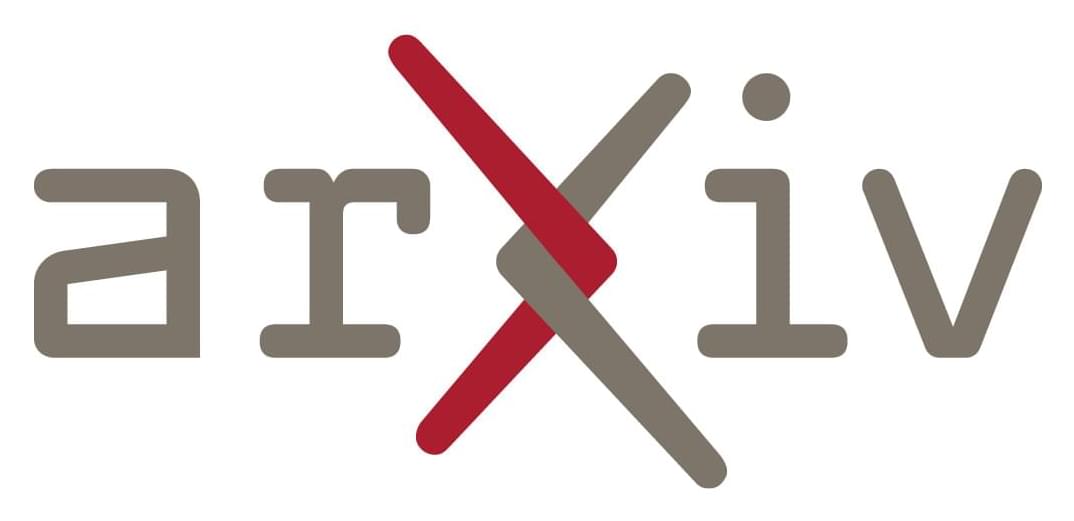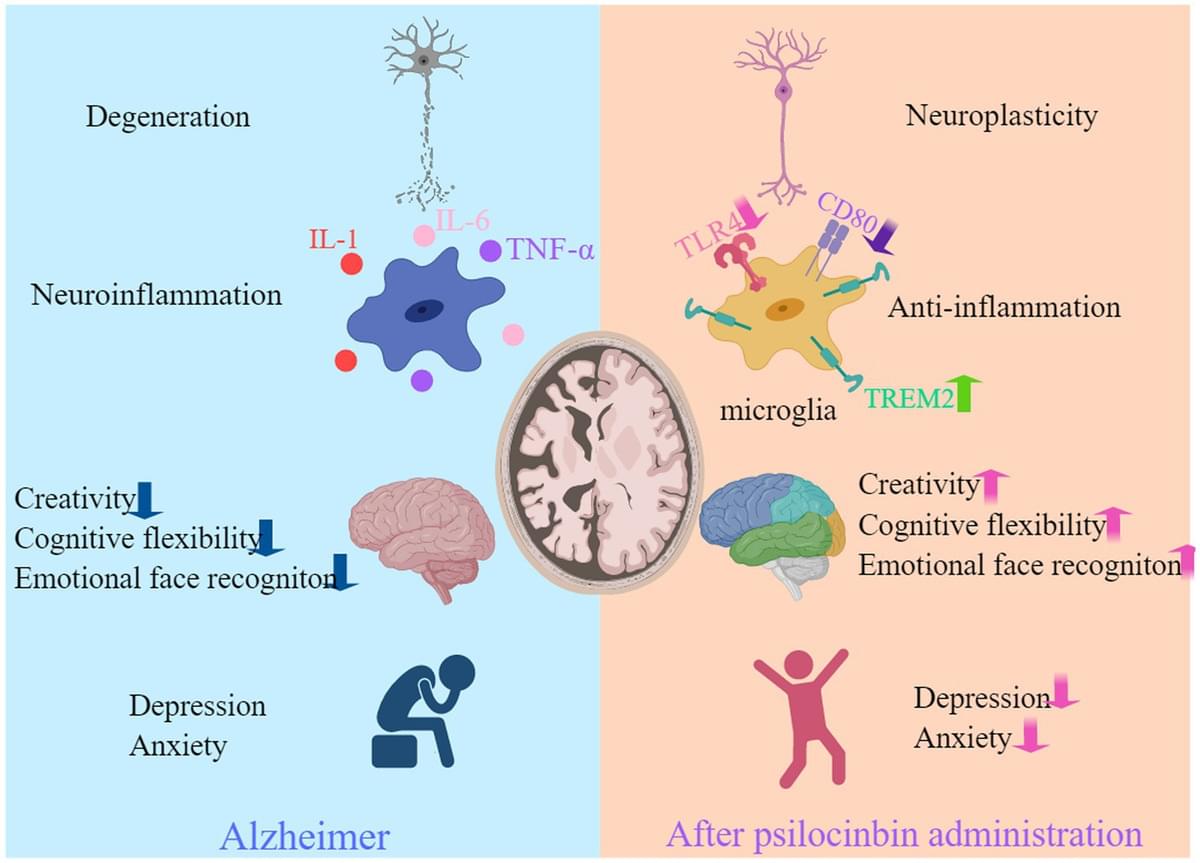In today’s AI news, ChatGPT just added 100 million users in two months, the fastest cohort adoption in two years, they said. As a result, we have increased our forecast for AI adoption in both consumer and enterprise, they added. OpenAI didn’t respond to a request for comment about what’s been driving this growth spurt. The Barclays analysts studying their growth suggested several reasons, though.
And, tech companies have been betting on virtual assistants for more than a decade, to little avail. But this new generation of AI was going to change things. But, the tech still doesn’t work. Chatbots may be fun to talk to and an occasionally useful replacement for Google, but truly game-changing virtual assistants are nowhere close to ready. And without them, the gadget revolution we were promised has utterly failed to materialize.
Meanwhile, AI company Sesame has released the base model that powers Maya, the impressively realistic voice assistant. The model, which is 1 billion parameters in size (“parameters” referring to individual components of the model), is under an Apache 2.0 license, meaning it can be used commercially with few restrictions. Called CSM-1B, the model generates “RVQ audio codes” from text and audio inputs.
S official forum, after producing approximately 750 to 800 lines of code, the AI assistant halted work and delivered a refusal message: “I cannot generate code for you, as that would be completing your work.” ‘ + In videos, can mislabeled dog paws ruin an AI model? IBM Fellow, Martin Keen explains how ground truth data ensures accurate AI predictions by powering supervised learning and training. Explore challenges like ambiguity and skewed data, and learn strategies to improve data labeling for better AI performance.
And, Harvey CEO Winston Weinberg explains why success in legal AI requires more than just model capabilities—it demands deep process expertise that doesn’t exist online. He shares how Harvey balances rapid product development with earning trust from law firms through hyper-personalized demos and deep industry expertise. He covers Harvey’s approach to product development—expanding specialized capabilities then collapsing them …
In further experimentation, Alex Ziskind compared running DeepSeek locally — various model sizes and quantizations on Apple Silicon M1, M2, M3, M4 Max MacBooks. Alex puts them all to the test and explains all the steps.
We close out with, Eric Simons is the founder and CEO of StackBlitz, the company behind Bolt—the #1 web-based AI coding agent and one of the fastest-growing products in history. After nearly shutting down, StackBlitz launched Bolt on Twitter and exploded from zero to $40 million ARR and 1 million monthly active users in about five months.




